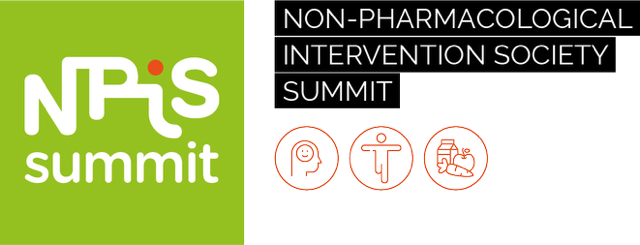Non-Pharmacological Improvement of Sleep Score in Cancer Patients through Integrative Care
INTRODUCTION
Sleep disorders are a risk factor for cardiovascular disease, cancer, severe fatigue, and depression. The prevalence of sleep disorders among patients with cancer at the Institut Rafael Santé Intégrative is even higher than that of the general population, at 70%. An interdisciplinary approach to these patients was conducted and evaluated.
MATERIALS AND METHODS
An integrative sleep disorder management program was designed for cancer patients, consisting of weekly group workshops for 7 weeks. Patients found to have sleep apnea upon evaluation were excluded and directed towards medical management. Advice on nutrition, lifestyle habits, and screen-time was provided. Relaxation exercises, cardiac coherence, stress management, and guided imagery were also included. These workshops were led by a team of caregivers trained in naturopathy, yoga,
reflexology, and sophrology, under the supervision of a team of physicians. The Pittsburgh Sleep Quality Index questionnaire (PSQI) was administered before these interventions and again at the end of the program.
RESULTS
40 patients with cancer (aged from 43 to 70 years, median age 56 years) completed the program and attended more than 5 out of the total 7 sessions. The cohort was comprised of 39 women and 1 man, with an average age of 56 years (range 44 to 71 years). At the end of the program, a significant improvement in sleep quality was noted. The mean PSQI scores decreased (12.7 vs. 7.5 p<0.001).
Significant improvements in sleep quality were observed in subjective sleep quality (2.28 vs. 1.18 p<0.001), sleep latency (1.78 vs. 1.35 p=0.018), sleep duration (1.90 vs. 0.95 p<0.001), sleep efficiency (2.17 vs. 1.15 p<0.001), reduced use of sleep medication (1.28 vs. 0.85 p=0.049), and daytime dysfunction (1.46 vs. 0.90 p<0.001). 38 out of 40 patients (95%) showed improvement in their scores. We also report that 6 out of 8 participants who were taking anti-insomnia medication spontaneously weaned off them completely during the program (75%), as did 5 out of 13 patients taking anxiolytics (38.5%).
CONCLUSIONS
The mean PSQI sleep index scores of cancer patients was significantly reduced following the Integrative Management of the Sleep Pathway at the Institut Rafaël Santé Intégrative. The successful cessation of anti-insomnia and anxiolytic medications was also considerable. Score improvement was seen in 95% of participants, suggesting benefits of this integrative approach on quality of life and the reduction of an important risk factor in these cancer patients.
